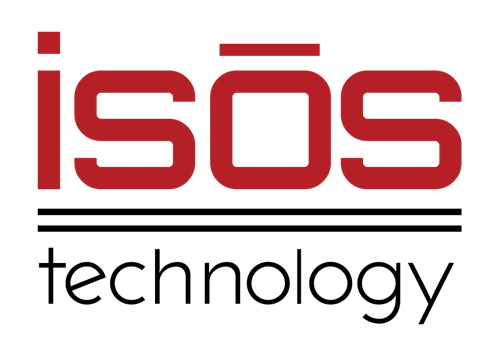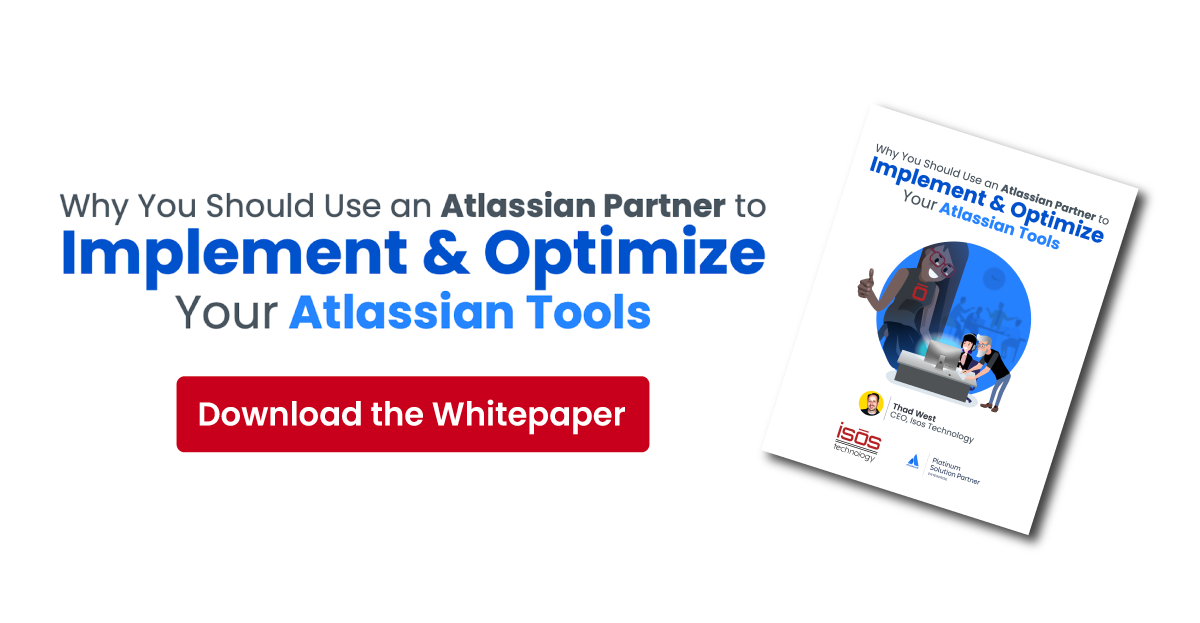 Has your team been negatively impacted by internal changes to your Atlassian toolset? Who makes the decisions that impact the majority of users in your Atlassian ecosystem? A small group of admins talking it out in an echo chamber, too many Jira admins causing chaos, or maybe you're trying to handle it all on your own?
Has your team been negatively impacted by internal changes to your Atlassian toolset? Who makes the decisions that impact the majority of users in your Atlassian ecosystem? A small group of admins talking it out in an echo chamber, too many Jira admins causing chaos, or maybe you're trying to handle it all on your own?
Whether you're new to the tools or a seasoned veteran, making decisions in a bubble can cause unforeseen issues, user frustration, and even downtime. As your organization's use of the toolset grows, so does the impact of changes to the toolset. That's why it is important to include additional perspectives in the decision making process. Including users in the decision making processes and communicating changes regularly are the best ways I've found to steer a large environment. The way that I usually suggest people start is by forming an Atlassian Steering Committee.
What is an Atlassian Steering Committee?
An Atlassian Steering Committee (ASC) is a group of individuals that meet on a regular cadence and represent the various teams that are using the Atlassian Toolset. Their purpose is to ensure effective communication between the teams using the tools and the teams managing the tools. This strategy is a personal favorite of mine, as it empowers people to learn more about their tools, without having too many cooks in the kitchen. Below are some, but not all, of the topics we've discussed during Atlassian Steering Committee meetings.
- New Add-on Requests
- Global Configuration Changes
- Infrastructure Changes
- High Visibility Issues / Incidents
- License Management
- Feedback Surveys
- Policy Management
- Archiving Policies
- Auditing Policies
- User Management Policies
Who Participates?
An Atlassian Steering Committee is usually made up of 2 groups, the Atlassian System Admin team and a group of representatives from teams that use and rely on these tools. The system admin team will provide important subject matter expertise to help inform the decision making process and should include members with enough authority to be able to make and move forward with the decisions that come out of the steering committee.
The other group, team representatives, should come from teams that rely on the Atlassian tools the most. They share important insider knowledge about how their team works, and how changes in the tools might impact their team. Team representatives are also an important conduit to get the system knowledge, decisions making results, and potential impacts discussed in the ASC meetings back to their teams. We like to include one team representative per team to ensure no team is over-represented, in order to hopefully avoid biased decision making.
How Do You Start?
When starting a steering committee there are a few steps we try to complete to ensure we get the most out of it.
- Identify which teams you want to have represented in your steering committee.
- Which teams are the heaviest users? Which teams have the most impact on the organization?
- Identify a representative for each of these teams.
- Which users are most knowledgable about the tools? Which users have authority over these teams?
- Schedule a meeting to discuss the finer details of the steering committee.
- How frequently should we meet? What topics are in scope of our committee? How will we document decisions made by the committee? What are the highest priority items that need to be discussed?
Remember, the purpose of this meeting is to bring other perspective's into your decision making process... so start right away by getting feedback about how to organize these meetings.
- How frequently should we meet? What topics are in scope of our committee? How will we document decisions made by the committee? What are the highest priority items that need to be discussed?
How do you maintain the ASC?
Once you get your steering committee running you'll need to adapt your committee to changes in your environment. For example, if a large, organization critical team joins the system, the committee should evaluate the team and decide if a team representative should be added to the steering committee.
Additionally, a steering committee is a great vehicle for making decisions, but it's not always the best way to communicate the changes to the larger user base. When communicating ASC decisions, we've found a monthly review meeting or email can be a great way to summarize the changes to the larger audience.
Interested in learning more, or partnering with us to get advice on forming your own Atlassian Steering Committee? Contact us!
Sign up to receive more great content
Learn more about Atlassian and how Isos can help by signing up to receive our latest blogs, eBooks, whitepapers and more.













